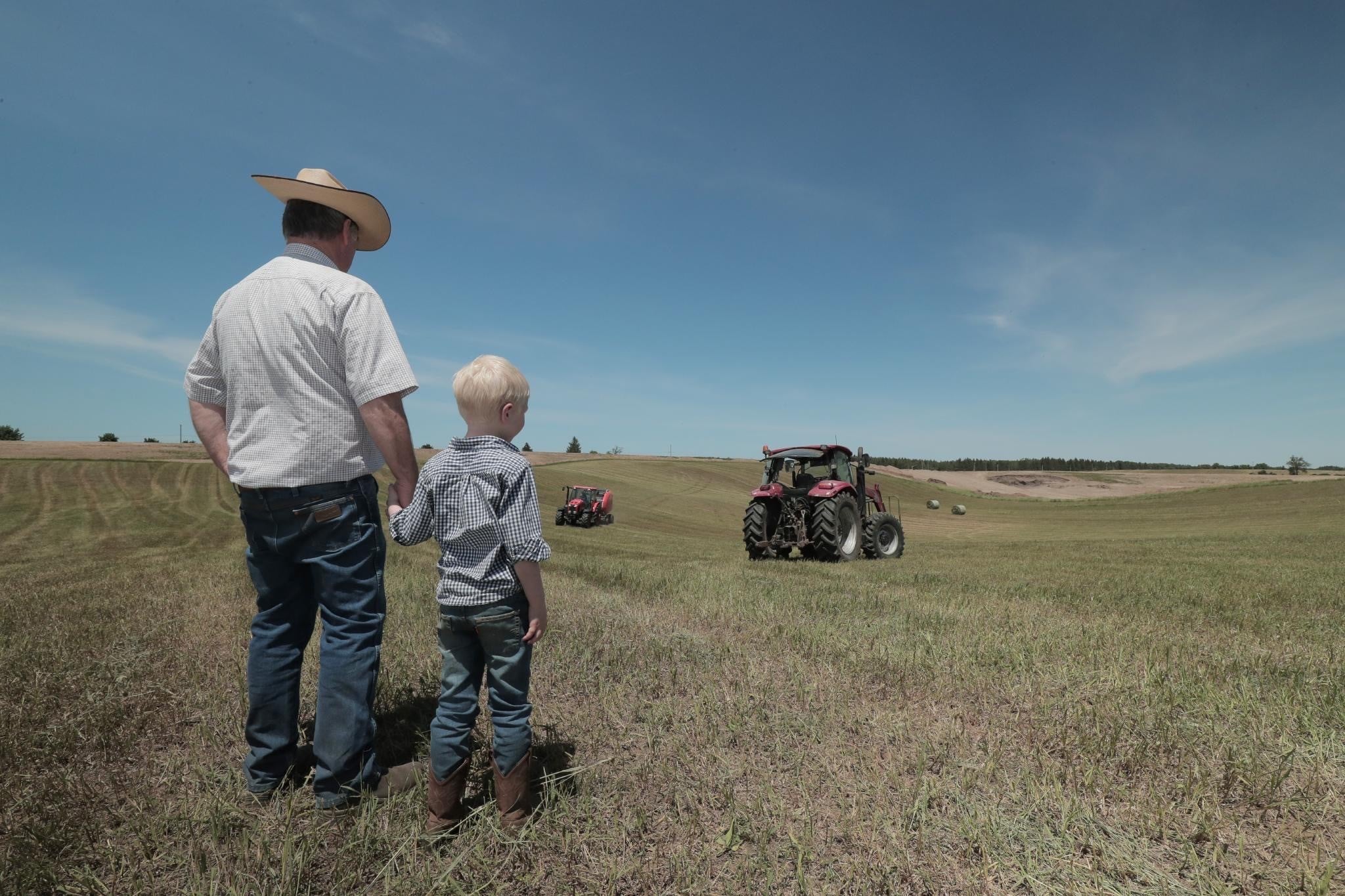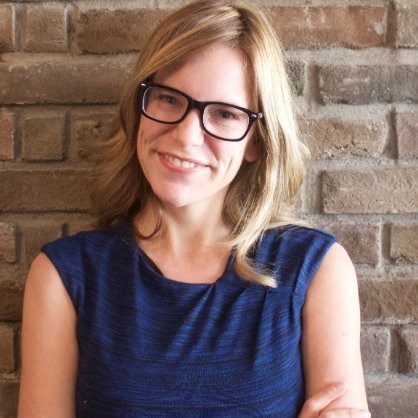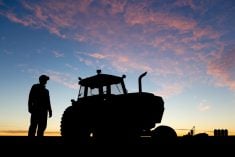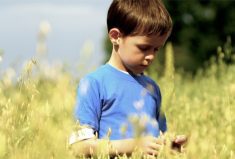For Nora Paulovich, as for farmers all across Canada, farm success means two big things. It means nurturing the land, and nurturing the family too, building and preserving the farm for future generations. And as on other farms, Paulovich and husband Bob Noble’s adult children see their parents’ dedication and it inspires them. They want that same passion in their own lives, and they want to take over and eventually expand the family farm.
But in 2024, it isn’t so simple for a mid-sized farm anymore, Paulovich says. “We have to farm differently for our children.”
It’s true that when Paulovich and Noble took over her family’s farm at Manning, Alta., they knew from the start that farming would always mean being flexible and always being on the lookout for improvements.
Read Also

Where convention and innovation meet
How one Ontario farm is integrating technology into their beef operation.
Yet when all three of their children expressed interest in farming as a career, the family realized that “different” had to be more different than they had expected, and that they would need a creative succession plan, as reported in Country Guide in 2018.
Since then, they have expanded their land base and kept all three kids heavily involved.
Their son Lee, with a degree in agriculture and resource economics from the University of Alberta, is back on the farm full-time, focusing mainly on the cropping side of things while daughter Jolene looks to the cow herd and to growing the direct-to-consumer beef side of the business. As well, daughter Cara works as a chartered professional accountant near Edmonton, from where she can keep involved with the farm.
Paulovich says the farm had previously done some direct-to-consumer sales on the beef side, but when it came to succession planning, the family strategically decided this was an area that could be part of a vertical integration plan.
“My mom and dad did a little bit of selling direct to consumers and then my husband and I did the same thing. Of course, it was always halves and quarters. And then, when Jolene and Lee came back we said ‘okay, guys, we have to do something more.’”
READ MORE: Right for your farm too?
Adding a new brand
Jolene, who has a degree in agriculture from the University of Alberta, teamed up with Cara to expand the value-added retail component of the farm business, and together the family developed the Jackknife Creek Land & Cattle product brand to sell beef products ranging from steak and ribs to sausages, ground beef and specialty cuts. They also offer curated boxes and quarter or half beef options.
On top of that, the two have spent the last four years developing an online presence and store for the brand, work that Cara is able to do remotely from her home base although she still comes home for a week every two months to help out on the farm.
Their efforts have paid off and the farm’s direct-to-consumer sales have doubled in the last year.
Now the daughters have plans to continue growing their customer base, despite the challenges of being so far away from most major markets (Manning is in the northern Peace County region of Alberta, approximately 600 kilometres north of Edmonton) and despite having to work around restrictions on selling out of province.
They are currently exploring shipping options, for instance, although this comes with its own challenges. Because shipping options in Alberta are very expensive, they’re looking at how to keep product frozen until it reaches the customer.
Farming for the long term
Meanwhile, the family is applying the same level of innovation and determination to farm practices that promote soil health and reduce their reliance on inputs.
This is an area that has always been of interest to Paulovich, having spent 15 years serving as the manager of the North Peace Applied Research Association (NPARA), an agricultural research and extension non-profit group. (She continues to do contract work with the organization, as executive director of its biannual soil health conference, the Western Canada Conference on Soil Health and Grazing.)
“Many people treat the soil as a medium, not thinking that it is a living organism,” Paulovich says. “That was our starting point.”
Her experience at NPARA allowed her to meet and follow many leading experts in the area of regenerative agriculture, including Gabe Brown, a farmer from North Dakota and author on the topic of soil health and regenerative agriculture.
From experts like Brown, who champions restoring the natural ecological balance of farmland soils, “I was able to involve my whole family in the learning process and trying different things out,” Paulovich says.“That was definitely instrumental in us thinking about different ways of doing things.”
The kids were not just expected to watch these practices, but to participate, lead and make decisions, Jolene says.
It’s a part of farm life she remembers from her own youth. “Mom and Dad always involved us in the decision-making aspect of the farm,” she says, adding that she remembers being asked to make decisions on crop rotations and replacement heifers from a young age. “We were always brought into the decision-making process.”
She says this experience is part of why she always knew she would return to the farm.
“I don’t remember ever wanting to be anything else really. Even as a little kid, we were so involved in the farm. That’s what I always wanted to do. The only reason why I would have looked at something else for a degree in university was to complement what I was doing on the farm.”
Now, she is continuing with the family tradition of carrying out her own on-farm research with regenerative ag practices for both the grain and cattle sides of the operation. Her work in this area was fuelled by the family’s history of experimenting with several regenerative concepts on their farm, including trying out various uses of cover crops plus ways to reduce tillage and fostering biodiversity in crops and pastures.
One of the practices she has found to improve efficiency is with using cover crops for swath grazing.
“Traditionally for forage we have hay fields and pastures… now we’ve added swath grazing, allowing us to add cattle and forages to cropland. And so that’s another crop into our crop rotation.”
The family has also been exploring intercropping, and Paulovich is encouraged by how many more farmers are taking an interest in soil health, a fact that is reflected in the growing popularity of the Western Canada Conference on Soil Health and Grazing.
She had hoped, however, that farmers who were taking initiatives to improve their soil health in previous decades would get credit for their work at a federal level — which they are not right now.
“Our early adopters are not being rewarded,” she says, adding she believes a lot of the current incentive programs for farmers are set up to benefit late adopters of beneficial practices.
“A lot of it is only for those that are wanting to do it now, not for those of us that have done it before. That does bother me.”
She also believes some of the federal incentive programs are based on unsound metrics.
“A lot of the metrics are based on a percentage reduction, so if you’re coming in at an already low fertilizer rate and you’re still expected to reduce that as a percentage, you might have bottomed out already.”
But mostly, she is happy knowing that her farm is making progress in these areas and that all parties involved are focused on constant improvements.
Future plans include continuing such work and also exploring options for better managing micronutrients in the soil through crop rotations, biological seed treatments and more. She wants to test better ways to generate and record their on-farm research data to showcase improvements, too, and potentially grow forages for seed.
For Jolene, the overall goal of all these efforts is to improve efficiency of the farm.
“We haven’t wiped out fertilizer and pesticide use but we’re very judicious with what we do use. We’re looking at optimizing our land, not just throwing as much fertilizer out there as possible to get the highest yield,” she says.
“We want to do the best that we can by our land and our cattle.”
Focus on finance
For Cara, farm sustainability also includes the long-term financial health of the business. This is partially why she pursued her accounting degree, she says.
“I remember in high school, trying to figure out what I was going to go to school for,” she says, adding that back then they already knew all three kids wanted to come back to the farm.
“I looked at the acres that we had at that point and thought ‘how is this going to work with three families?’”
She decided to pursue accounting because it played to her strengths as an analytical thinker, and she saw demand for accountants who also understood farming. The flexibility and offsetting busy seasons were also appealing.
Now, she’s able to bring her experience as an accountant to the financial side of the farm.
“I would like to see the farm always being sustainable in multiple ways — including financially and operationally,” she says. “I just want to keep seeing us improve year over year.”
That leaves the next big question: When will their parents retire?
As Paulovich considers it, she looks around her. “I feel we are very, very blessed that all of our children are still very interested in farming and in agriculture. That two of them came back full-time, and that Cara is able to participate as much as she does remotely … we’re just very blessed.”
– This article was originally published in the January 2024 issue of Country Guide.















